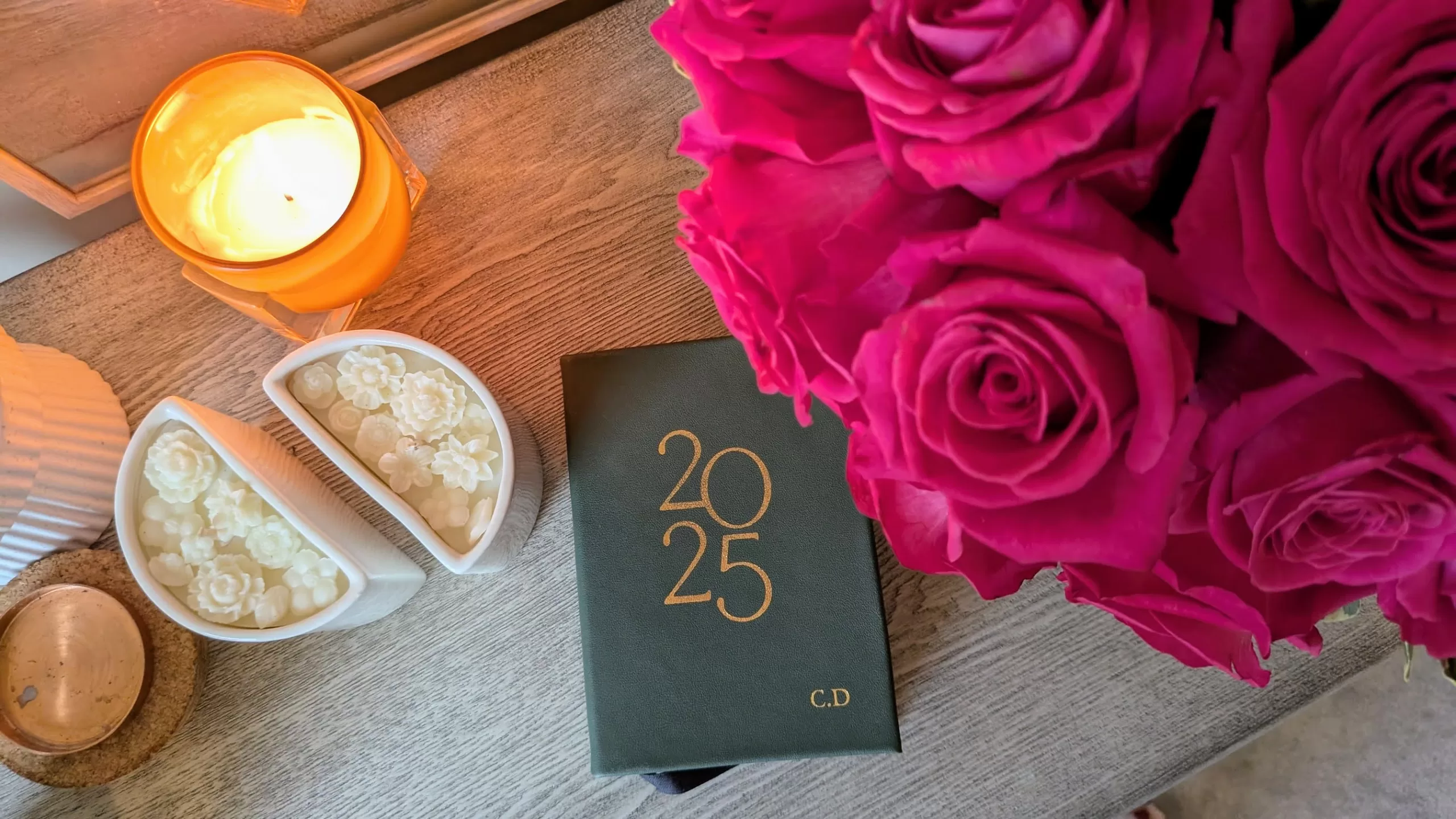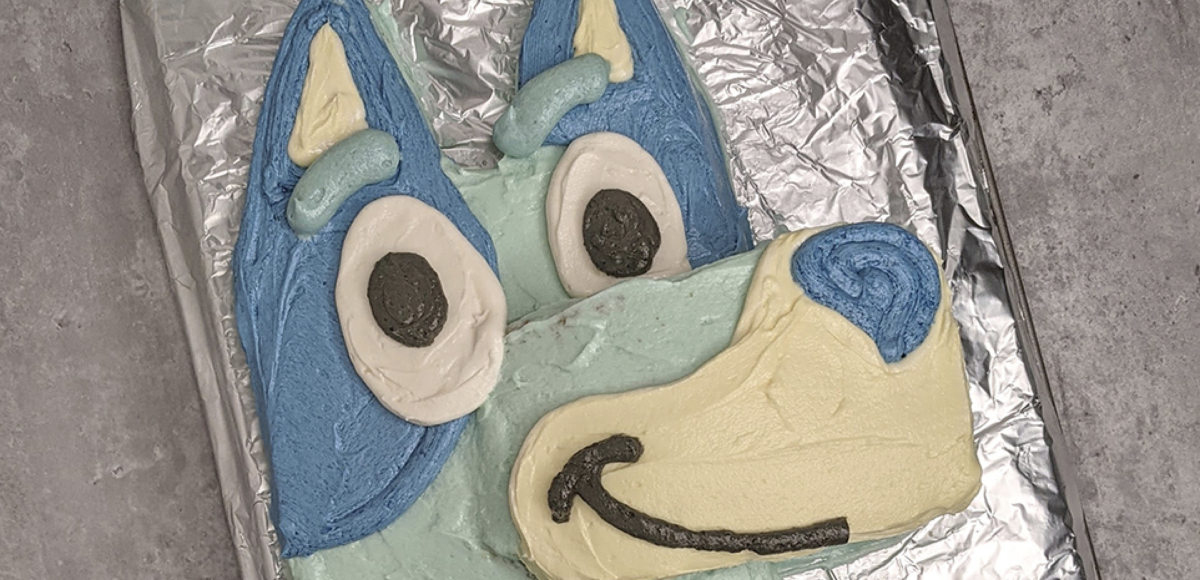This post may contain affiliate links. Every link is hand-selected by our team, and it isn’t dependent on receiving a commission. You can view our full policy here.
If you haven’t seen Johnnyswim perform live, it’s worth treating yourself to a show. There’s something gutting, empowering, and freeing about the way the duo leaves all of their emotions on stage. You can’t help but connect with them, and feel a sense of catharsis and joy in their songs. Maybe that’s why Chip and Joanna Gaines invite them to host a concert at their company’s anniversary party, known as the Silobration, year after year. They’re authentic, and there’s something about their openness that draws that same open-hearted vulnerability out in anyone who watches them perform.
In a recent interview for Relevant’s September/October cover story, the husband and wife team behind “Diamonds” and “Home” (the latter most people know as the theme to HGTV’s Fixer Upper) shared a powerful story of a time that tested their resilience, both as individuals and a couple.
Back in 2011, the couple — comprised of Abner Ramirez and Amanda Sudano — found themselves tested on two fronts: In a 10-month period, Abner’s father suffered a severe stroke, and Amanda’s mother (disco singer Donna Summer) received a terminal cancer diagnosis. Abner vowed to stay in the hospital until his father walked out, though the rest of his family wasn’t so sure that was going to happen. For a little over a week, he sat by his side. Outside the door of the ICU, Amanda would pray and sing a song that comforted them, “God, I Look To You.” Eight days after the stroke, Abner’s father died, and people wondered if his faith would survive.
The couple, along with Abner’s family, walked along the river and sang that song, and Abner had a revelation: “I realized in time all those prayers of healing didn’t just evaporate into the sky,” he told the magazine. “We weren’t destroyed by the passing of my father, and we weren’t destroyed by the passing of Amanda’s mother. I believe those prayers did something greater than healing; they showed us even when the worst happens, hope is still there.”
“Sorrow is going to happen, but despair is, in some ways, a choice,” Amanda elaborated. “You can get lost in despair because despair is hopeless, but sorrow you can carry with joy. There was grace in walking through that time together. We learned how the other one hurts.”

At first, that line stuck with me, bringing out my inner skeptic: Carry sorrow with joy? Really?! What does that even mean?! So I dug into it. The difference, to me, is that despair is like an all-encompassing void, that at first gnaws at you, but eventually threatens to swallow you whole, because you see no way out of it, and no path forward. You sink into sorrow, feeling the grief and letting it wash over you, but because you can see that there will be better days ahead, no matter how long that may take to get to one, you don’t feel as lost. The “joy,” really, comes from understanding: the circumstance, the person you were, the person you’re becoming, and the people who get you through it. There’s no avoiding pain, but it is possible to strengthen our relationships to one another through it.
It’s something the band understands and tries to make use of, and that’s been what makes them so captivating on stage. They put it all out there, so you can grow from it, too.
“The magic of art is the ability to capture a feeling and deliver it to people,” Abner said. “I can almost see that thing that comes out of us.”
You can read the whole article by picking up a copy of Relevant.




